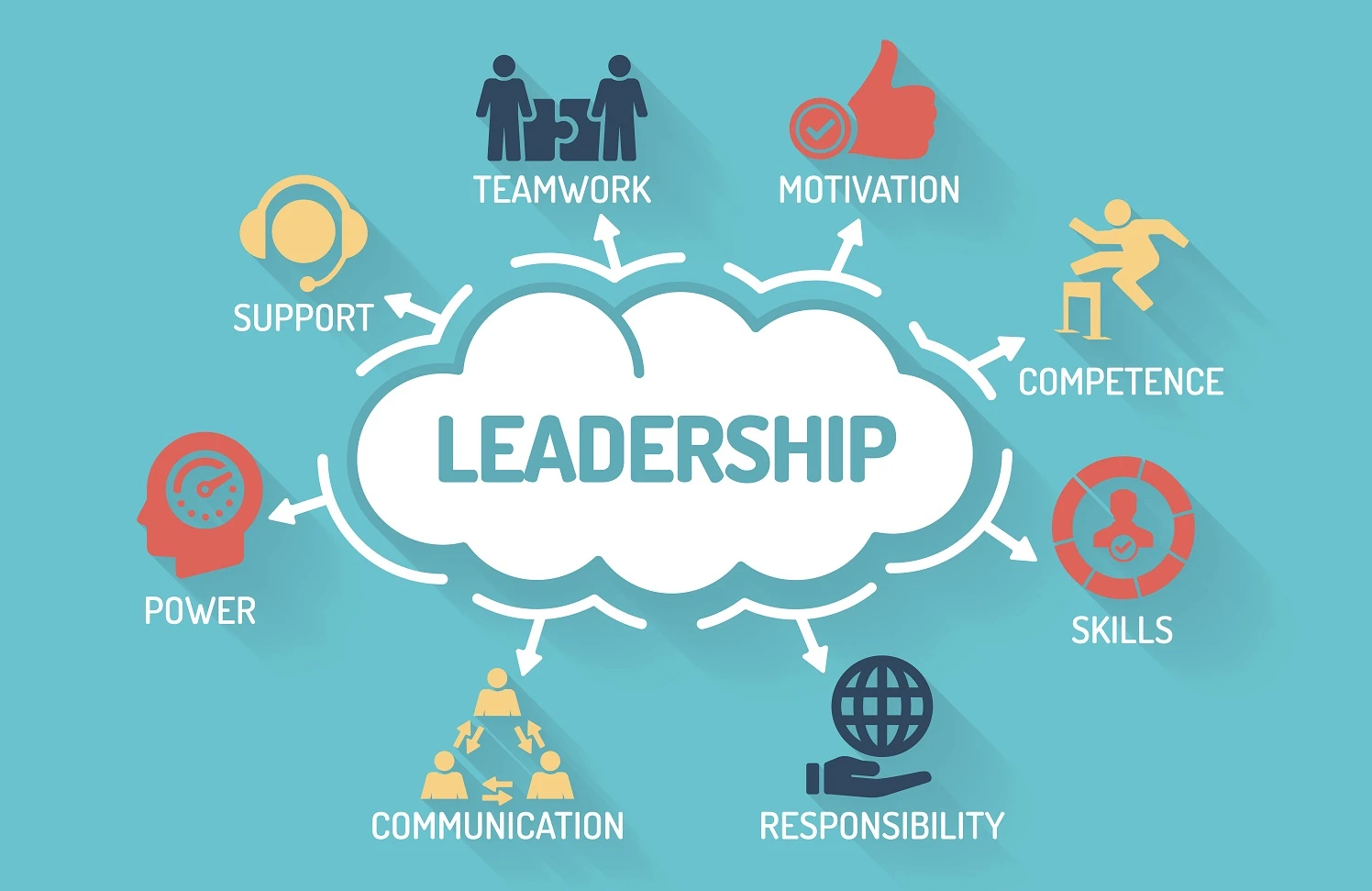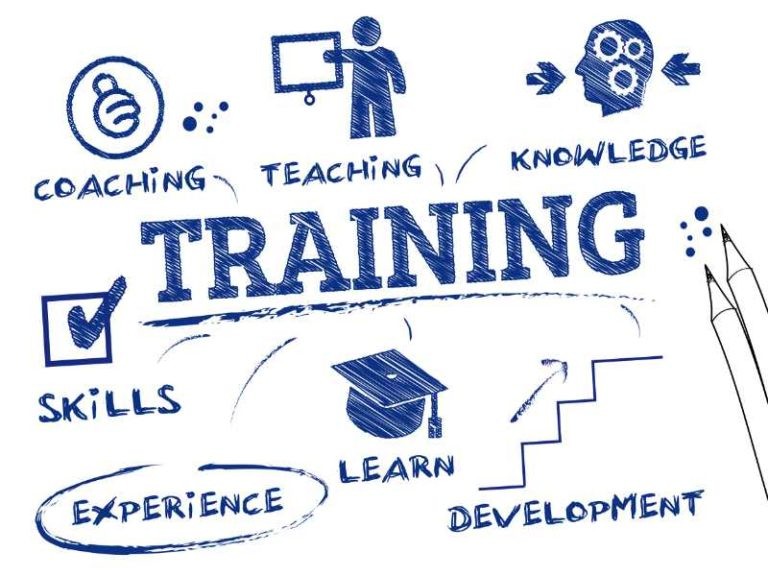The Importance of Soft Skills in Project Management
12 September 2024
Blog

The Importance of Soft Skills in Project Management
Project management is often associated with technical skills like scheduling, budgeting, and risk management. While these hard skills are undoubtedly important, the success of any project hinges significantly on the project manager’s soft skills. Soft skills encompass a range of interpersonal and behavioural attributes that enable effective communication, collaboration, and leadership. In today’s dynamic and complex project environments, the importance of soft skills in project management cannot be overstated.
I. The Key Soft Skills in Project Management
1. Communication

Effective communication is the cornerstone of successful project management. Project managers must be able to clearly articulate project goals, expectations, and progress to a diverse group of stakeholders, including team members, clients, and senior management. Active listening, empathy, and the ability to adapt communication styles to different audiences are essential for fostering understanding and building trust.
2. Leadership

Project managers are not just taskmasters; they are leaders who inspire and motivate their teams to achieve project objectives. Strong leadership involves setting a clear vision, empowering team members, recognizing achievements, and providing constructive feedback. Effective leaders build a positive and collaborative team culture where everyone feels valued and motivated to contribute their best.
3. Problem-Solving and Decision-Making

Project management is riddled with challenges and unexpected obstacles. Project managers must be adept at identifying problems, analyzing root causes, and developing effective solutions. They also need to make timely and informed decisions, often under pressure, to keep projects on track. Critical thinking, creativity, and the ability to weigh risks and benefits are crucial for successful problem-solving and decision-making.
4. Negotiation and Conflict Resolution
Projects often involve multiple stakeholders with competing interests and priorities. Project managers need strong negotiation skills to navigate these complexities and reach mutually beneficial agreements. Conflict is inevitable in any project, and effective conflict resolution skills are essential for maintaining team cohesion and project momentum. Project managers must be able to mediate disputes, facilitate open communication, and find win-win solutions.
5. Adaptability and Flexibility
The project management landscape is constantly evolving, with new technologies, methodologies, and challenges emerging regularly. Project managers must be adaptable and flexible, willing to embrace change and learn new skills. They need to be able to adjust plans and strategies in response to changing circumstances and unforeseen events. A growth mindset and a willingness to experiment are key attributes for successful project managers in today’s dynamic environment.
II. The Impact of Soft Skills on Project Outcomes

1. Enhanced Team Performance
Soft skills foster a positive and collaborative team environment, where team members feel motivated, engaged, and empowered to contribute their best. Effective communication, leadership, and conflict resolution skills help build trust, promote teamwork, and maximize team performance.
2. Improved Stakeholder Satisfaction
Strong communication and negotiation skills enable project managers to build strong relationships with stakeholders, understand their needs and expectations, and manage their concerns effectively. This leads to increased stakeholder satisfaction and support, which is crucial for project success.
3. Increased Project Success Rates
Soft skills equip project managers with the tools to navigate complexities, overcome challenges, and make informed decisions. This translates into increased project success rates, as projects are more likely to be completed on time, within budget, and to the satisfaction of stakeholders.
4. Enhanced Organizational Reputation
Successful project delivery, driven by effective project management and strong soft skills, enhances an organization’s reputation. This can lead to increased client loyalty, new business opportunities, and a competitive advantage in the marketplace.
III. Developing Soft Skills in Project Management
1. Self-Awareness and Reflection

The first step in developing soft skills is to cultivate self-awareness. Project managers need to understand their strengths and weaknesses, communication styles, and leadership approaches. Regular self-reflection and feedback from colleagues can help identify areas for improvement and develop a personalized development plan.
2. Training and Development

Numerous training programs and workshops focus on developing soft skills in project management. These programs can provide valuable insights, tools, and techniques for enhancing communication, leadership, problem-solving, and other essential soft skills.
3. Mentorship and Coaching
Mentorship and coaching offer personalized guidance and support for developing soft skills. Experienced project managers can share their insights and experiences, provide feedback, and help aspiring project managers navigate challenges and develop their leadership potential.
4. On-the-Job Practice and Experience
The most effective way to develop soft skills is through on-the-job practice and experience. Project managers should actively seek opportunities to lead teams, communicate with stakeholders, resolve conflicts, and make decisions. Learning from successes and failures is an integral part of the development process.
Conclusion
Soft skills are the backbone of effective project management. While technical skills are essential for planning and executing projects, it is the soft skills that enable project managers to build high-performing teams, navigate complexities, and deliver successful outcomes. Organizations that invest in developing soft skills in their project managers reap the benefits of increased project success rates, enhanced stakeholder satisfaction, and a stronger organizational reputation. In today’s competitive landscape, soft skills are not just a nice-to-have; they are a must-have for any aspiring project manager.
Unlock your potential as a business analyst and embark on a journey of professional growth with our comprehensive training program. Enroll now to gain practical skills, industry insights, and certification preparation tailored to excel in the dynamic field of business analysis.

